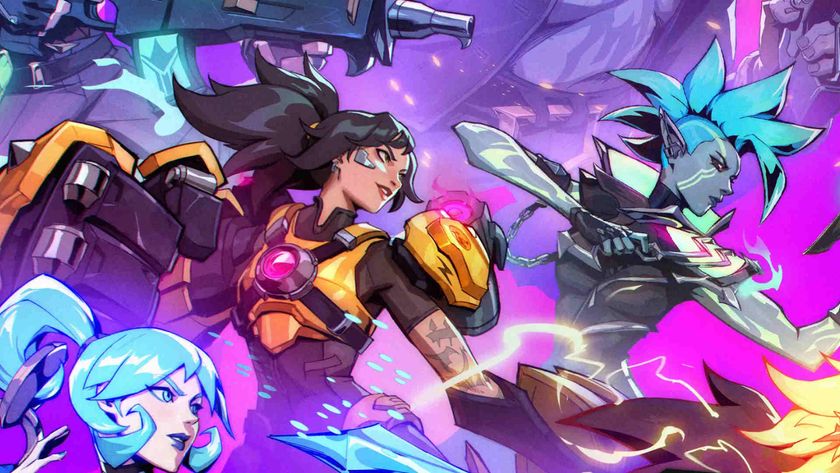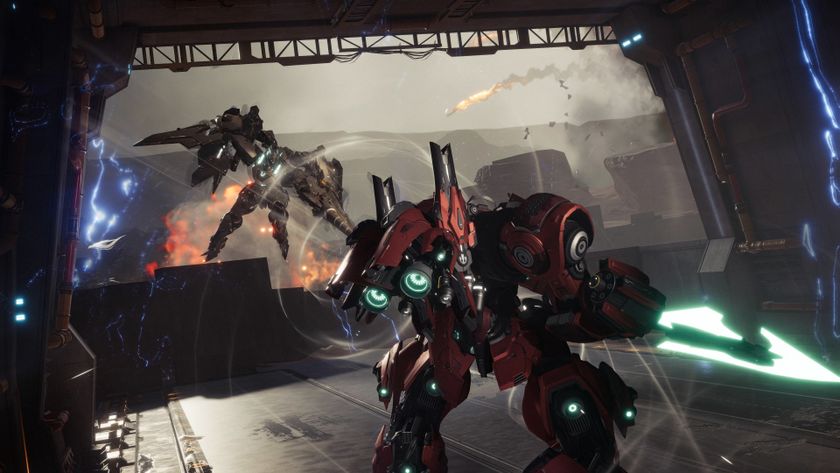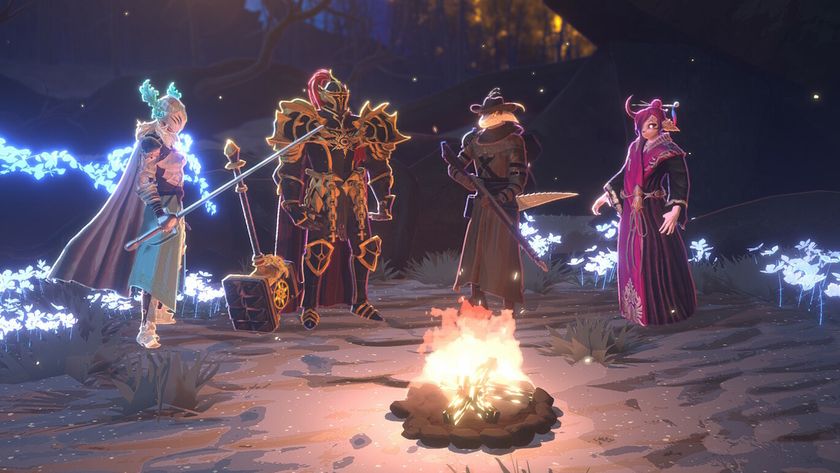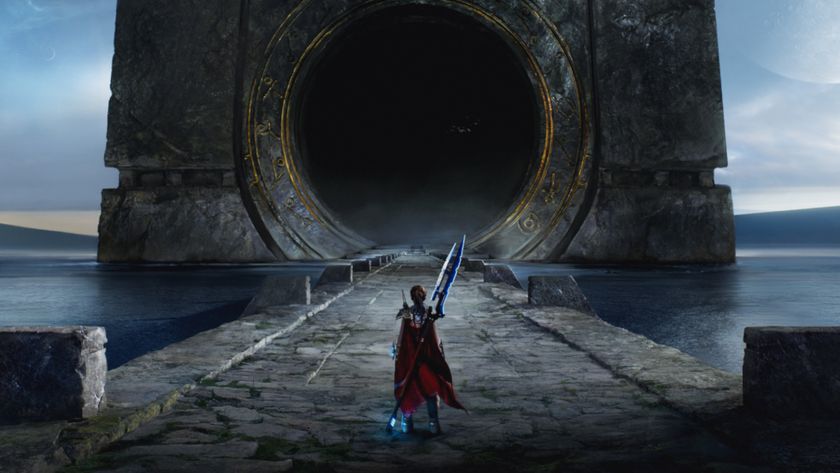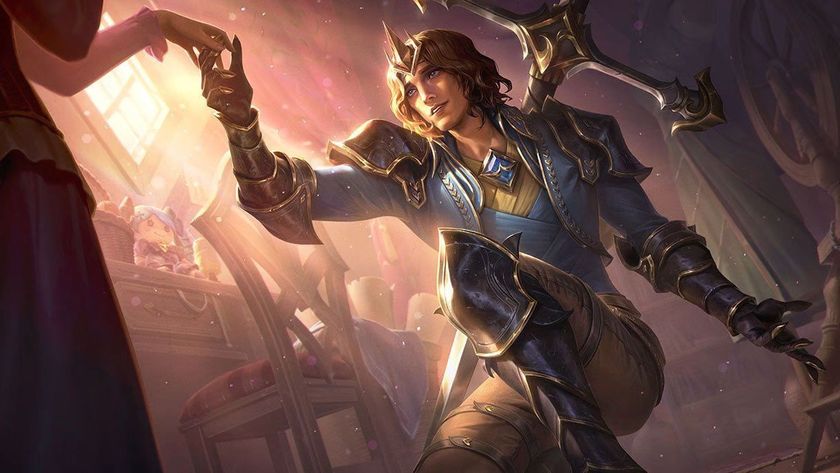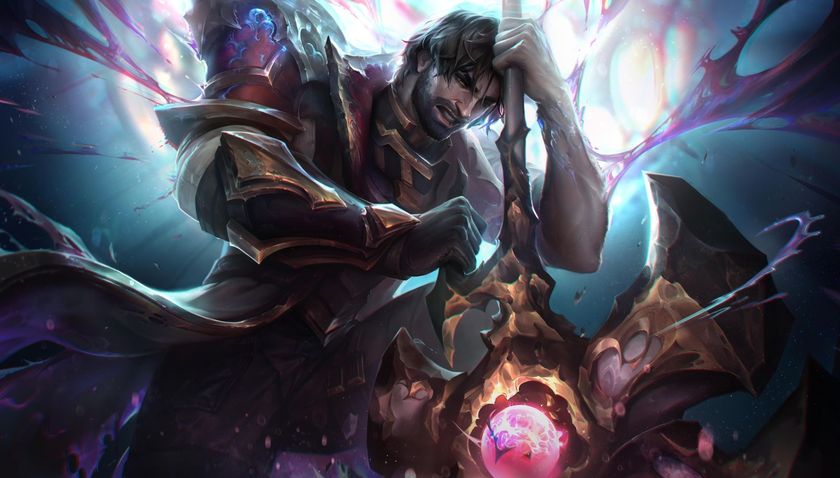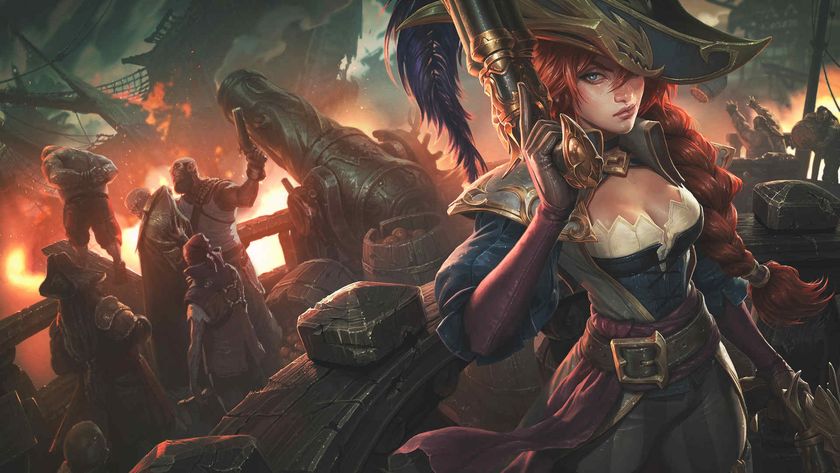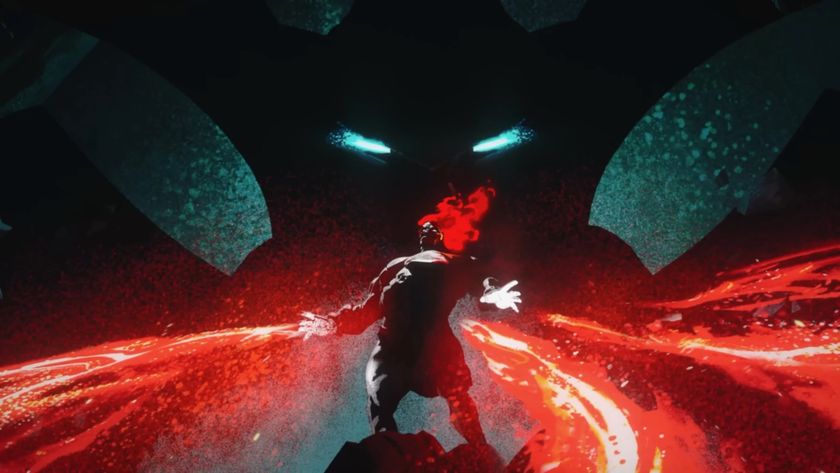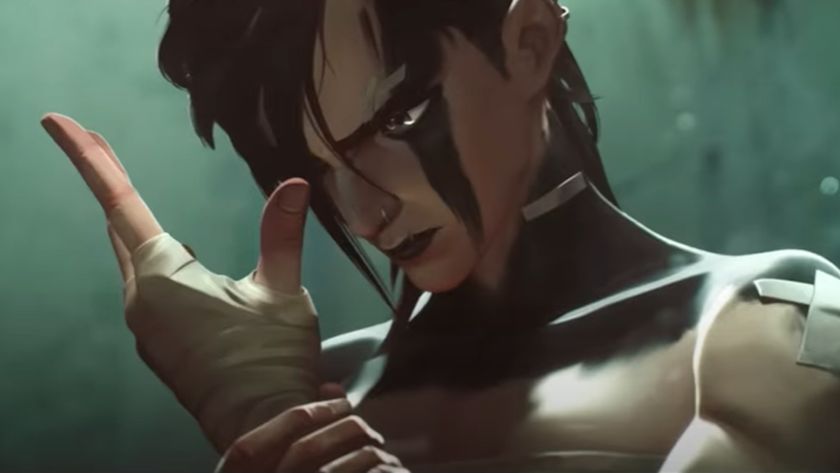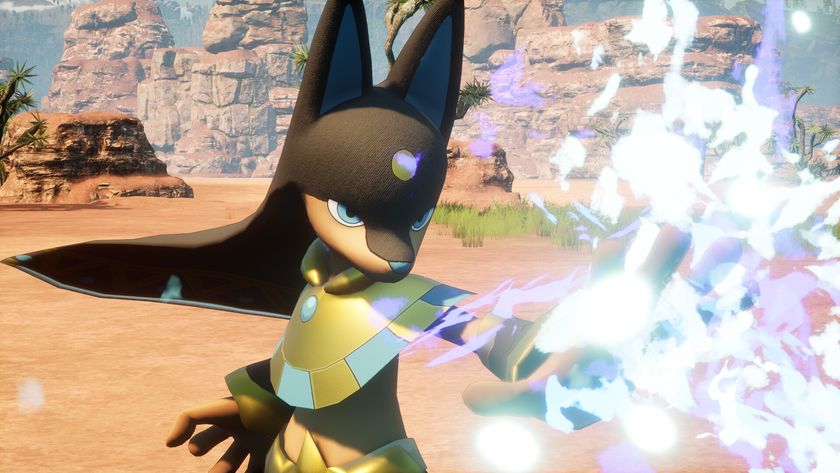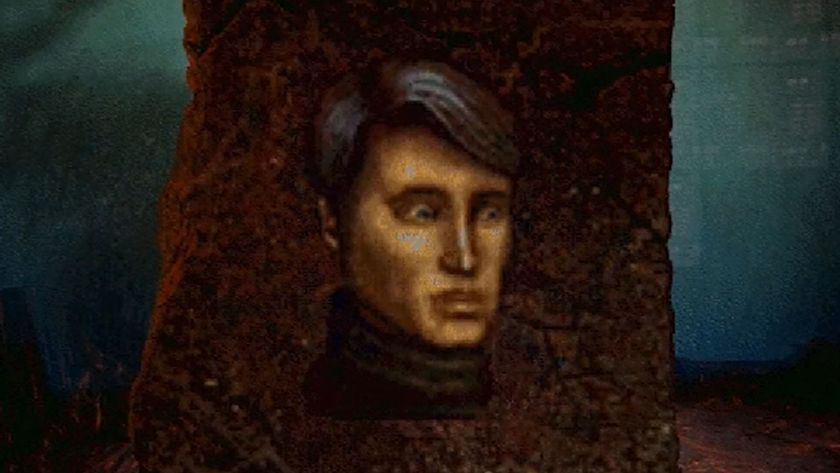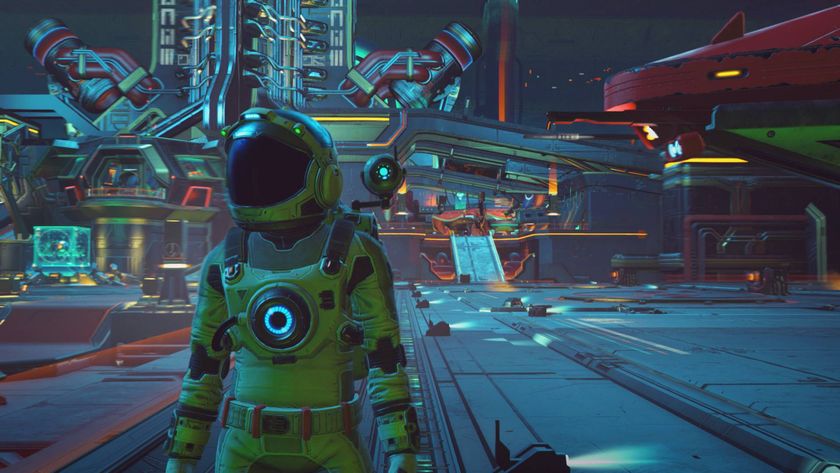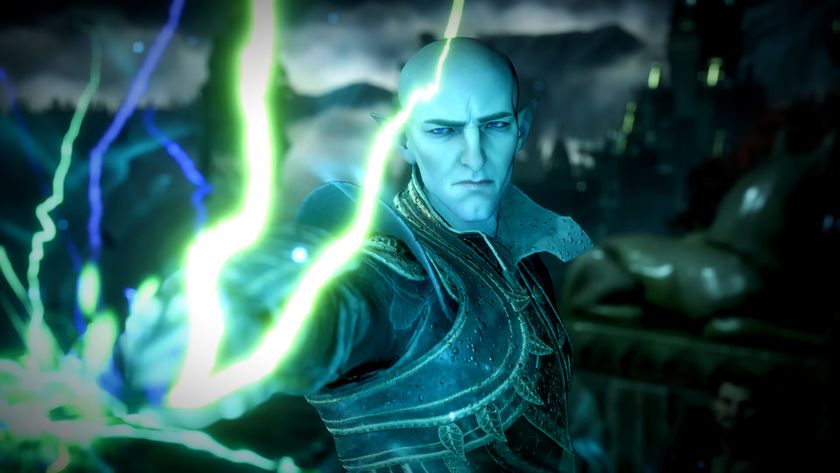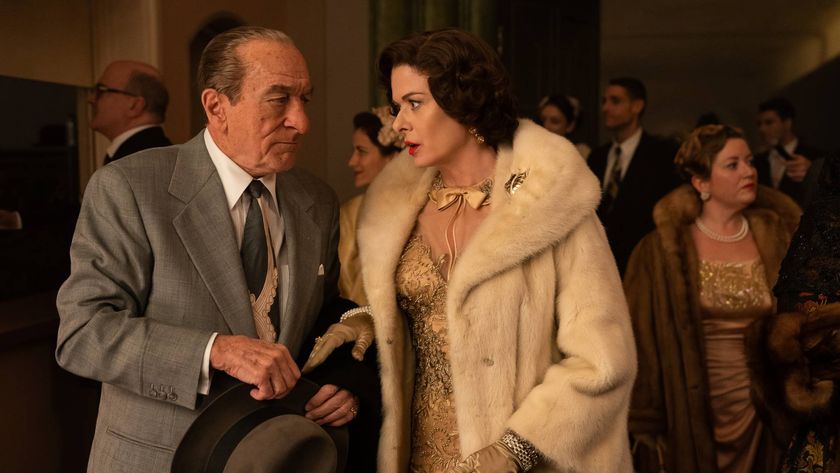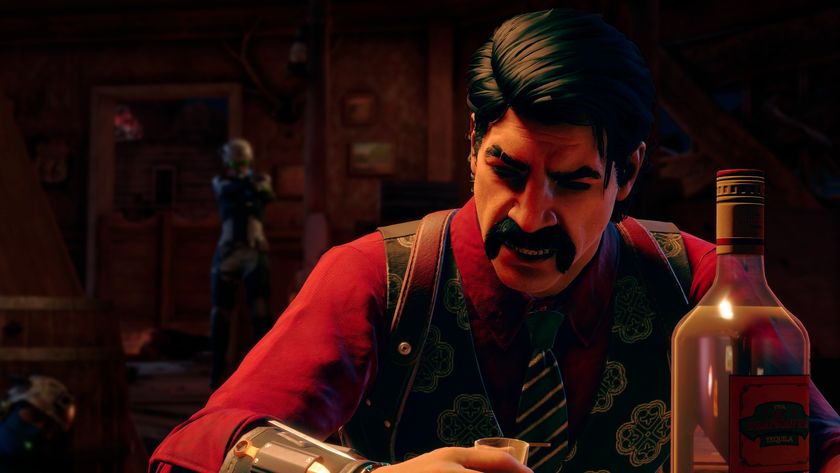A battle royale hero shooter MOBA from ex-League of Legends devs is smashing the Steam Next Fest charts
Supervive is making it big
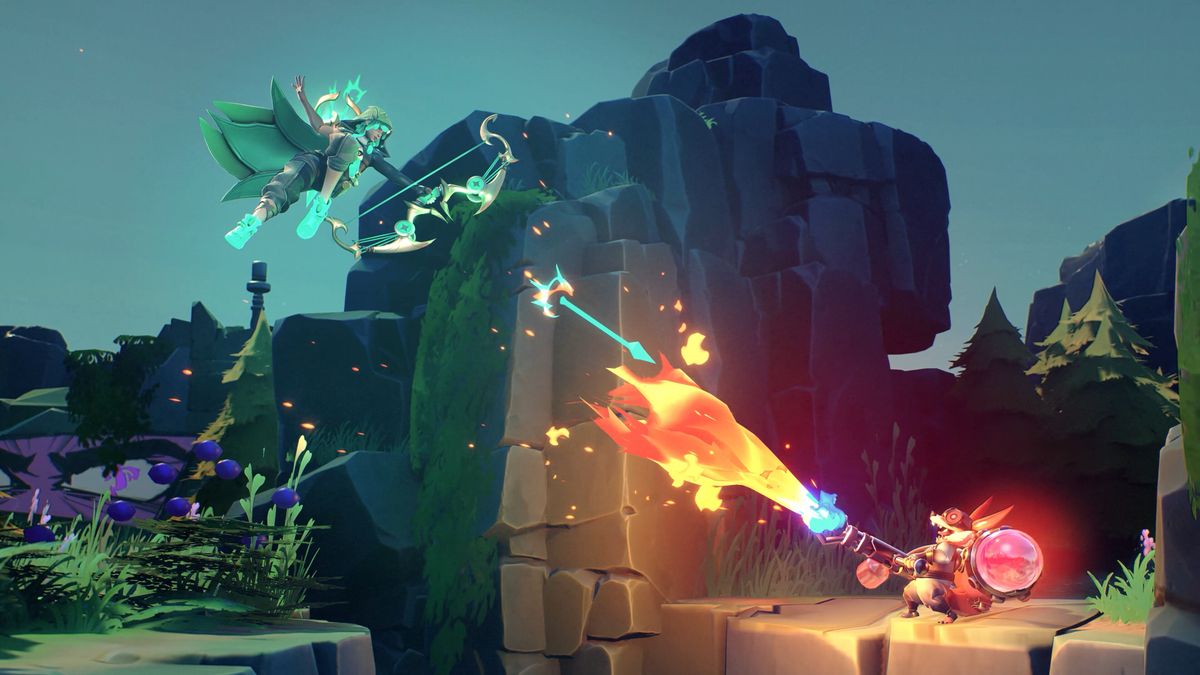
Supervive, the first game from new studio Theorycraft, seems just about ready to blow up. The atomic-bright hero shooter MOBA is currently sliding up Steam Next Fest charts and dominating Twitch.
"The team has poured their hearts and souls into making the game as good as it can be for Steam Next Fest," CEO Joe Tung — who was previously executive vice president of League of Legends at Riot — said in a statement posted to Discord. Theorycraft's work seems to be paying off. At the time of writing, Supervive is the Next Fest demo with the second most daily active players, right under Delta Force.
Supervive offers "a wild, open-ended combat sandbox," according to its Steam description, with multiple game modes, various flame-wielding hunters, and seemingly a metric ton of blinding lasers. Its development team includes many former staffers from games like LoL and Valorant, and so, even in its demo form, Supervive has the same high-intensity sheen as any AAA battle royale.
That could be why, while Theorycraft held play sessions with streamers like loltyler1 this week, Supervive gathered nearly as many Twitch viewers as League of Legends — though its viewership has since dropped down to a more organic 18,000.
In any case, Supervive seems to be in a strong position to rival the games its experienced developers used to work on. It does not yet have a release date, but its demo is live for 24 hours a day through the end of Next Fest.
Sign up to the 12DOVE Newsletter
Weekly digests, tales from the communities you love, and more

Ashley is a Senior Writer at 12DOVE. She's been a staff writer at Kotaku and Inverse, too, and she's written freelance pieces about horror and women in games for sites like Rolling Stone, Vulture, IGN, and Polygon. When she's not covering gaming news, she's usually working on expanding her doll collection while watching Saw movies one through 11.
